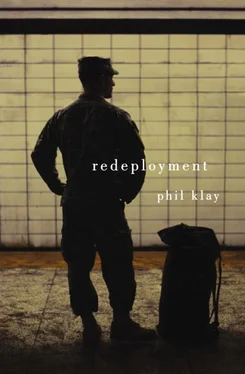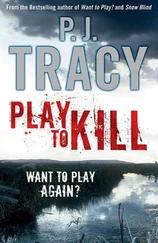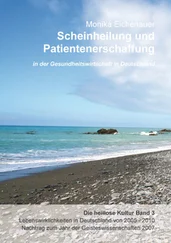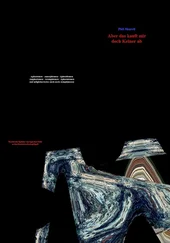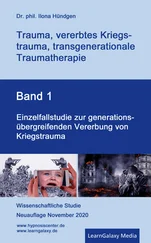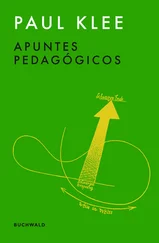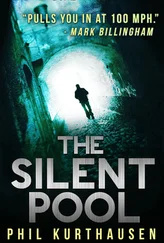“Istalquaal,” I finally said, trying to draw him out. “Does it mean freedom, or liberation?”
He opened his eyes a crack and looked at me sidelong. “Istalquaal? Istiqlal means independence,” he said. “Istalquaal means nothing. It means Americans can’t speak Arabic.”
It was rumored the Professor had blood on his hands from the Saddam days. Whether that was true or not, he was our best interpreter. On the road, though, he wasn’t much company. He sat with his hands folded and his eyes closed, possibly sleeping, possibly avoiding conversation.
The landscape out there was desolate. No trees, no animals, no plants, no water—nothing. Often, when people try to describe Iraq, you hear a lot of references to Mad Max, the postapocalyptic film trilogy where biker gangs in S&M gear drive across the desert, killing one another for gasoline. I’ve never found the description particularly apt. Aside from that weird Shi’a festival where everybody beats themselves with chains, you won’t find much fetish gear in country. And out there, not seeing a single living thing, I’d have welcomed the sight of other humans, even a biker gang in leather face masks and assless chaps. But war, unfortunately, is not like the movies.
Kazemi wasn’t there when we got to the plant, a large, blockish structure with a row of enormous concrete cylinders topped by metal pipes. We went to the main building, but when we tried to get inside and out of the sun, we couldn’t open the front door. It was large, metal, and so rusted that it wouldn’t budge.
“Here, sir,” said a burly Army sergeant. He smiled at his fellow soldiers, no doubt thinking he’d show them how much stronger and better at door opening the Army was than the State Department. He pushed at it. Nothing. Still smiling, with the eyes of most of the soldiers on him, the sergeant backed up a step and launched himself into the door. The primary effect was a loud booming noise. Now red-faced, he started cursing, and with everybody, even the Professor, watching him, he backed up about fifteen feet and then ran into the door at full speed. The crash of his body armor against the steel was enormous, and the door opened with a screaming metallic creak. A few soldiers cheered.
Inside was dark and rusty.
“I don’t think anyone’s been here in a while, sir,” said the sergeant.
I looked back at the convoy of soldiers. I’d risked all their lives bringing them here.
“Professor,” I said, “we need to get Kazemi on the phone. Now.”
While he called, I daydreamed about beekeeping. Images floated through my head of Iraqi Widow Honey in U.S. supermarkets, of Donald Rumsfeld helping out by doing TV ads: “Try the sweet taste of Iraqi freedom.” After about thirty phone calls, the Professor assured me Kazemi was en route.
The Iraqis arrived from the south in a small convoy of pickup trucks. Chief Engineer Kazemi, a thin little Iraqi with a bushy mustache, waved and spoke in Arabic for about ten minutes. The Professor nodded and nodded and didn’t translate a word until the end.
“He greets you, and wants to take you to his office,” he said.
I agreed, and we followed Kazemi through the dark hallways of the plant. This entailed a lot of backtracking.
“He would like you to believe,” the Professor said after our ninth or tenth wrong turn, “that he normally comes in through another door and that is why he is not knowing where to go.”
When we got to the office, one of the police officers with Kazemi made tea that he served in a dusty cup with a sludge of sugar congealed at the bottom. I tried, while drinking it, to come to the point in my best American manner.
“What do we need to get this plant operating?” I said.
The Professor reiterated the question, and Kazemi smiled and started fumbling under the desk. He mumbled something, and the Professor looked concerned and asked what sounded like a few sharp questions.
“What are you telling him?” I said.
The Professor ignored me. After a minute or so, Kazemi pulled something from under the desk, dislodging papers and spilling office supplies all over the floor.
“I do not think this man is very intelligent,” said the Professor.
Kazemi held a large box in his hands. He placed it on top of the desk, opened it, and carefully pulled out a scale model of the water treatment plant, constructed of cardboard and toothpicks. At the four corners of the plant, though, were thin cardboard towers. Kazemi pointed to one of these.
“Mah-sheen gaans,” he said.
Then he smiled and cradled his hands as though holding a weapon.
“Rat-tat-tat-tat-tat,” he said, shooting the imaginary gun. Then came another stream of Arabic.
“Your military,” the Professor said after a pause, “failed to approve funds for the construction of machine-gun towers. They are not standard on U.S. water plants.”
Kazemi said something else.
“Also, your military built the wrong pipes,” said the Professor.
“What does he mean, the wrong pipes?” I said.
This time the discussion went on for some time, the Professor getting increasingly curt. He seemed to be berating Kazemi.
“Your military built pipes for the wrong water pressure,” said the Professor, “and they built them across the highway.”
“Is there a way to deal with the water pressure—”
“The water pressure is not the problem,” said the Professor. “The ministry is Jaish al-Mahdi.”
I looked at him blankly. “But water would be good for—”
“They will not turn on water for Sunnis.” His accusing stare suggested that, somehow, this was my fault. Of course, given that the United States had split Iraqi ministries between political parties at the outset of the war, allowing the various factions to expel the old Baathist technocrats in favor of party hacks who carved the country up between them, it sort of was.
Kazemi spoke again.
“I am sure of it,” said the Professor. “This man is not intelligent.”
“What does he say?”
“He would like to pump water,” said the Professor. “He has had this job for many years without pumping any water and he wants to see what it is like.”
“If some of the water is going to Sunnis,” I said, “he will need machine guns?”
“He will need them anyway,” said the Professor.
“Okay,” I said.
“He will get himself killed,” said the Professor.
“Ask him what it will take to get the plant working,” I said, “aside from machine guns.”
They spoke in Arabic. I stared at the wall. When they were finished, the Professor turned to me and said, “He will have to assess. He has not been here in many weeks.”
“Where has he been?” I said.
The Professor asked him, and Kazemi smiled, looked at me, and said, “Ee-ran.”
Everyone knew that word. The American soldiers with me had looked tense from the outset; now they looked murderous. Iran was the major importer of EFPs, a particularly lethal IED that sends a hot liquid metal bullet crashing through the sides of even the most heavily armored vehicles, spraying everybody inside. One EOD tech told me that even if the metal didn’t get you, the change in pressure caused by the sheer speed of the thing would.
Kazemi continued speaking. Occasionally the Professor would frown and say something back. At one point he took his glasses off and rubbed them while shaking his head.
“Ah,” said the Professor. “He went to get marriages.”
“Marriages?” I said. I turned to Kazemi. “Congratulations.” I put my hand over my heart. I was smiling in spite of myself. The soldiers behind me all looked relieved.
“Iranian women are very beautiful,” said the Professor.
Kazemi pulled out a cell phone. He fiddled with it for a bit, then showed it to me. On the screen was a picture of a pretty young woman’s face.
Читать дальше
